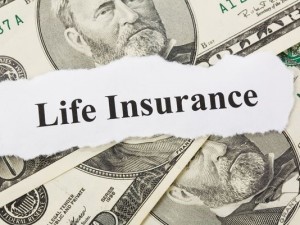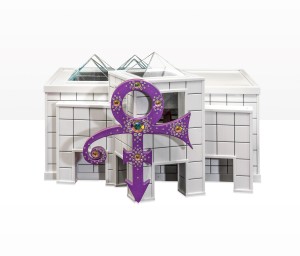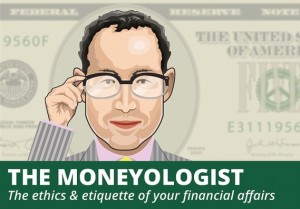 Have you told your family if you have a life insurance policy? Do they know where to find the paperwork needed to claim its benefits after you die?
Have you told your family if you have a life insurance policy? Do they know where to find the paperwork needed to claim its benefits after you die?
Many people take out a policy, stick the paperwork in a drawer somewhere and then forget about it. They don’t tell anyone the policy exists or who the beneficiaries are. When they die, their policy goes unclaimed.
The amount of unclaimed benefits is enormous – $7.4 billion in this country alone. According to the Florida Office of Insurance regulation, that’s the amount major life insurance companies have agreed to pay out, but haven’t.
Of that amount, $5 billion will go directly to beneficiaries they find; the balance will go to states whose unclaimed property departments will search for and pay beneficiaries.
Florida began investigating the life insurance industry in 2009 and there are now 41 states involved in the effort. It was concluded that insurers weren’t doing enough to pay out on life insurance policies where insured people had died but the beneficiaries hadn’t filed claims.
The life insurance companies weren’t quick to pay out benefits but they were very quick to stop making payments when annuity owners died. They used the Social Security Administration’s Death Master File to identify customers who had been collecting annuity payments and immediately stopped sending money to them but did not use the same file to identify life insurance policy holders who had died and whose beneficiaries should have received benefits.
To date, 25 life insurance companies have made settlement agreements and others are still being investigated.
The industry now supports a national standard that requires life insurers to use new technologies to identify policy holders who have died and their beneficiaries who have not yet filed claims. Twenty states have enacted laws based on this standard.
Granted, insurance companies have paid out $600 billion to beneficiaries who have filed claims in the past ten years. However, $7.4 billion is not just pocket change.
How can you find out whether you’re a beneficiary of a forgotten or unknown life insurance policy.? In addition to checking thru the deceased’s records and storage areas, here are a few things you can try:
- Check bank statements of the deceased to see whether any payments were made to life insurance companies.
- Look through tax returns to see whether any interest income from life insurers was reported.
- Go through address books for names of insurance agents or financial advisors; contact them to see whether they have any information about policies that were taken out.
- Check with former employers and professional organizations to see whether they had issued any policies.
- Search the MIB Group, Inc. database. They provide a data sharing service for life and health insurance companies and offer a policy locator service for consumers. For a cost of $75, they will search for policies taken out since 1996 from one of their 420 U.S. and Canadian member companies.
- Check state unclaimed property offices. You can also conduct a multi-state search on MissingMoney.com.
The best thing to do is to avoid this problem in the first place and tell your beneficiaries or, at the very least, your attorney or the person who will be your executor that you have taken out a life insurance policy. Don’t let the insurance companies keep money that should be in your family’s hands.
For more information about estate planning and end of life issues, go to www.diesmart.com.




